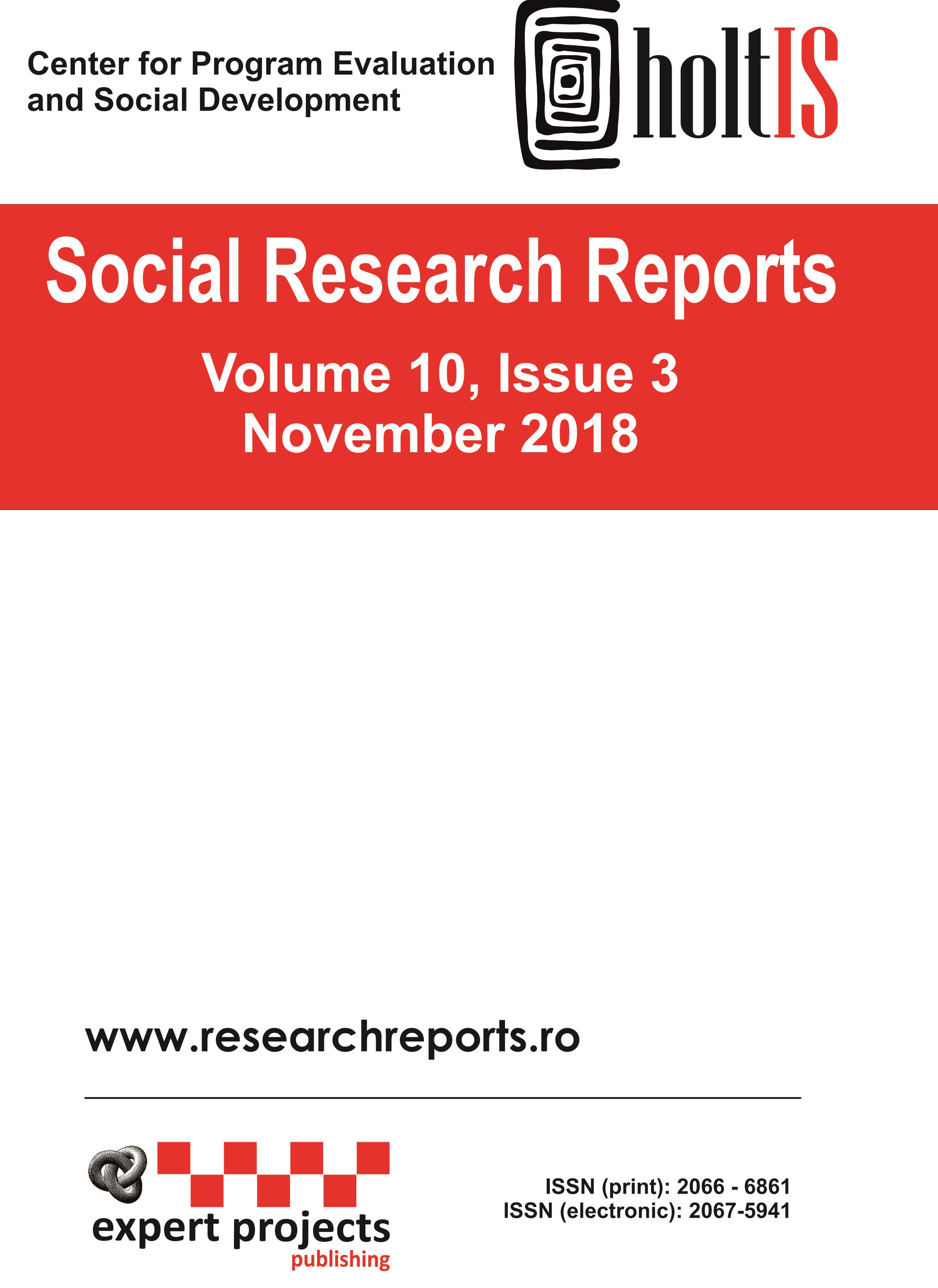DEVELOPMENT OF THE AUTISTIC CHILD BY PLAY: SPONTANEOUS PLAY AND THERAPEUTIC PLAYS
DEVELOPMENT OF THE AUTISTIC CHILD BY PLAY: SPONTANEOUS PLAY AND THERAPEUTIC PLAYS
Author(s): Marian Ciprian Olteanu, Faraj FARAJSubject(s): Social Sciences, School education, Health and medicine and law, Demography and human biology
Published by: Expert Projects Publishing
Keywords: autism; therapeutic play; spontaneous play; socialization;
Summary/Abstract: Numerous specialists in child development and mental health have recognized that engaging the child in play has innumerable cognitive, socio-emotional and physiological benefits. The play is considered as a key concept in child development. This study investigated the impact of structured therapy through play on the development of the autistic child. The areas investigated refer to socialization, imitation, cognitive and verbal skills, children's mental ages, and last but not least to the play. The children were tested both at the beginning and at the end of the therapeutic intervention through the play, the research design being pre-test-post-test type. Thus, we have selected a group of 40 children (diagnosed with Autistic Spectrum Disorder aged 3 to 7 years, with a IQ of at least 55 - a slight delay in acquisitions) attending an association for children with autism from Timisoara. Over a 6-month period, the children attended play therapy sessions 3 days a week, 30-45 minute per session. These meetings were carried out with the help of specialists from the Casa Faenza Association of Timisoara: 4 social pedagogues for the play therapy part and 2 psychologists for the initial and final assessment parts. It has been found that the structured therapeutic play has positive effects on all areas of development, imitation, cognitive, verbalisation, socialization and play skills.
Journal: Social Research Reports
- Issue Year: 10/2018
- Issue No: 3
- Page Range: 28-37
- Page Count: 10
- Language: English

